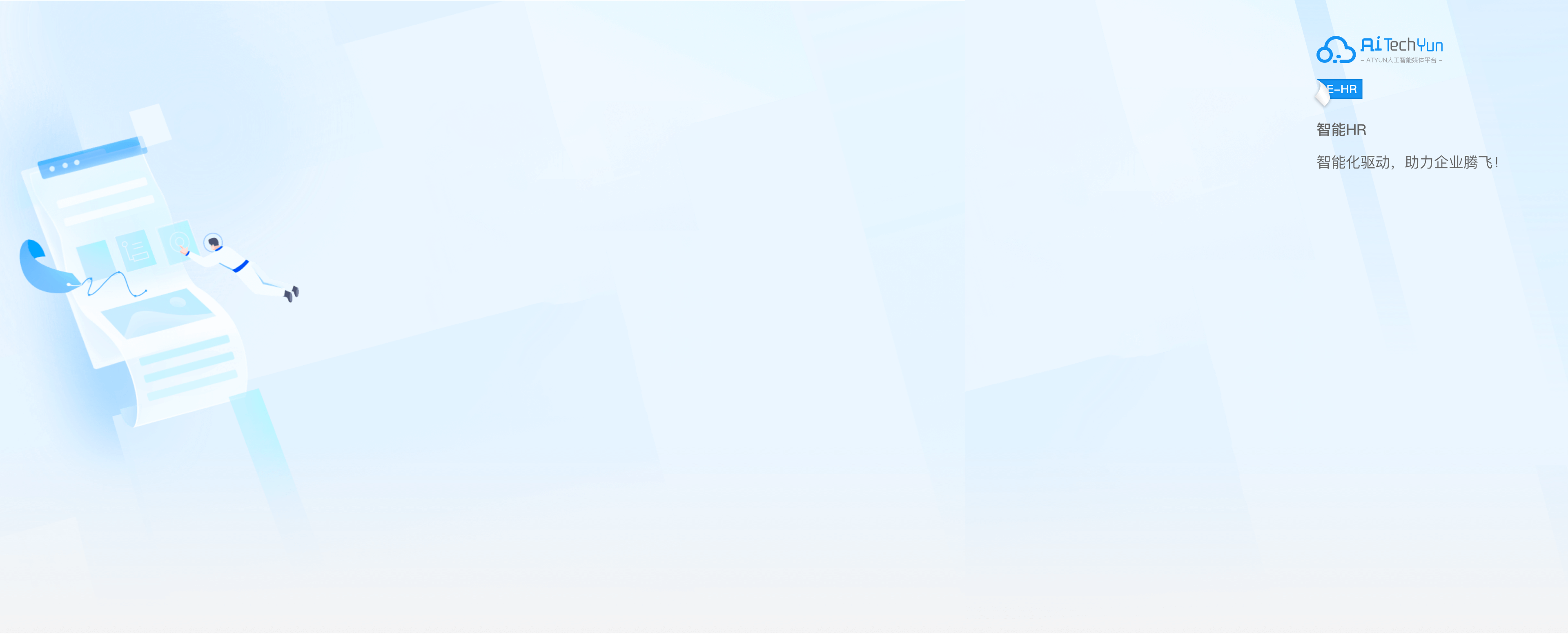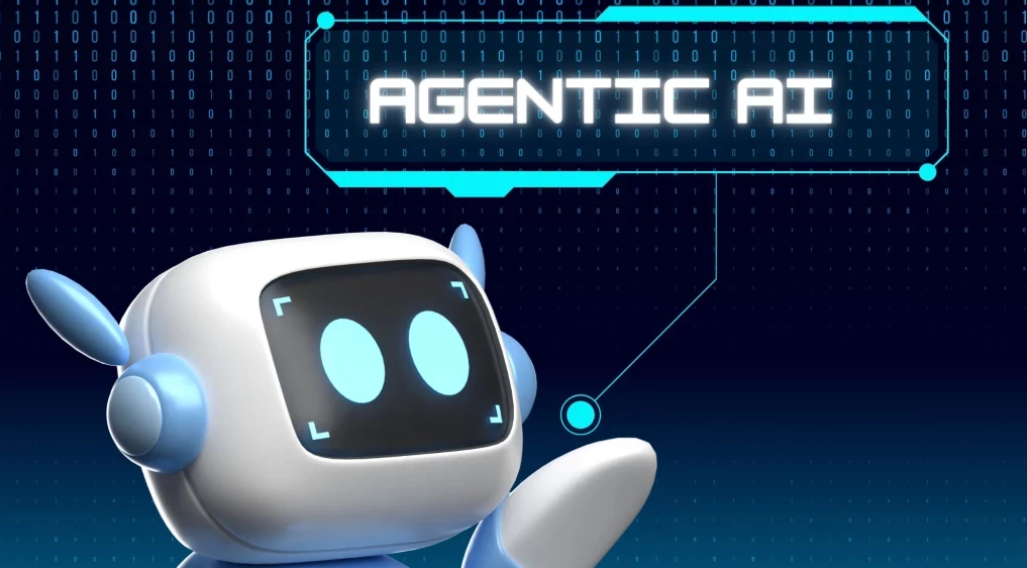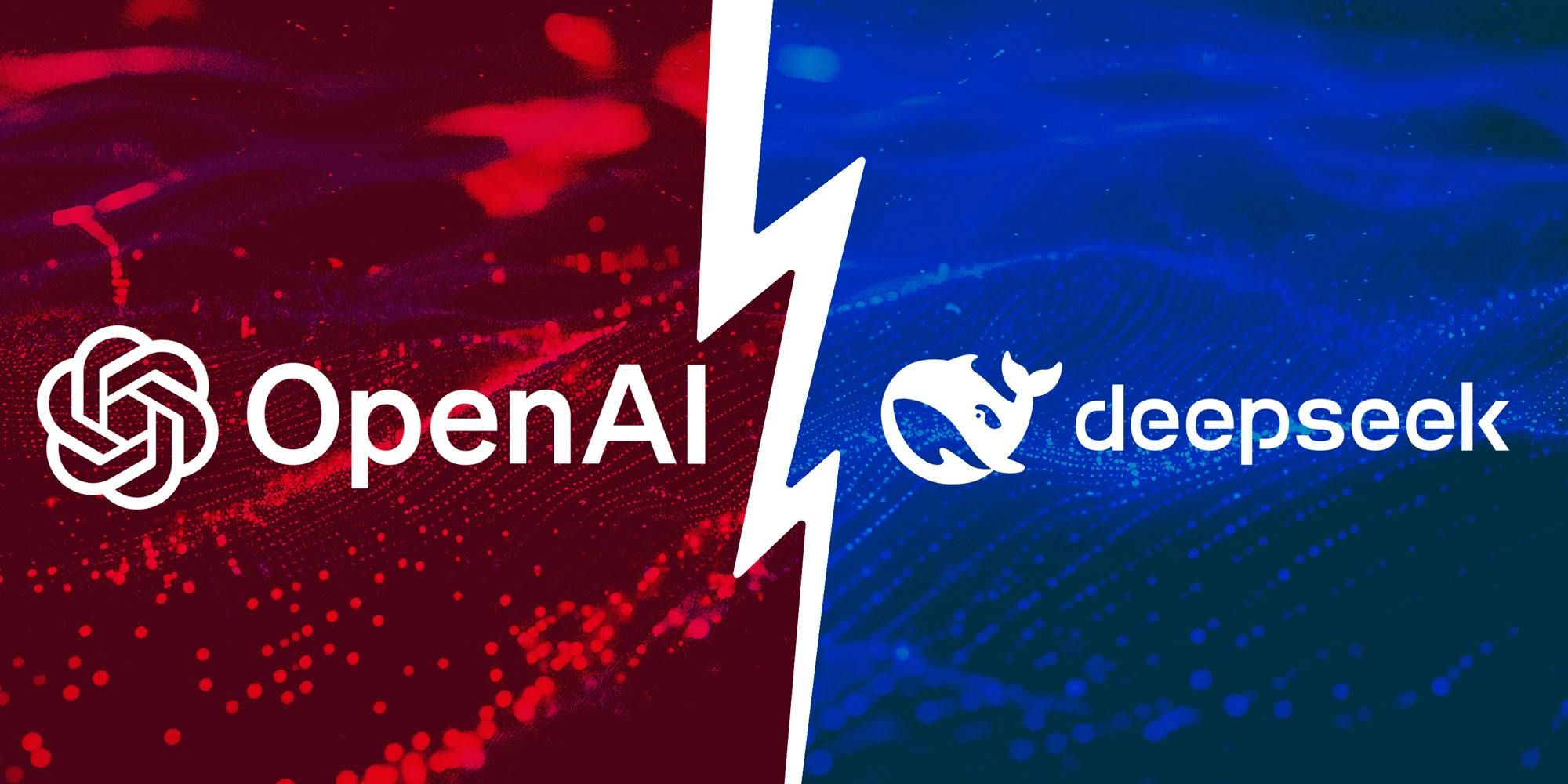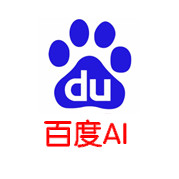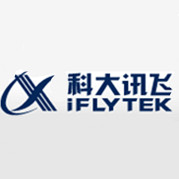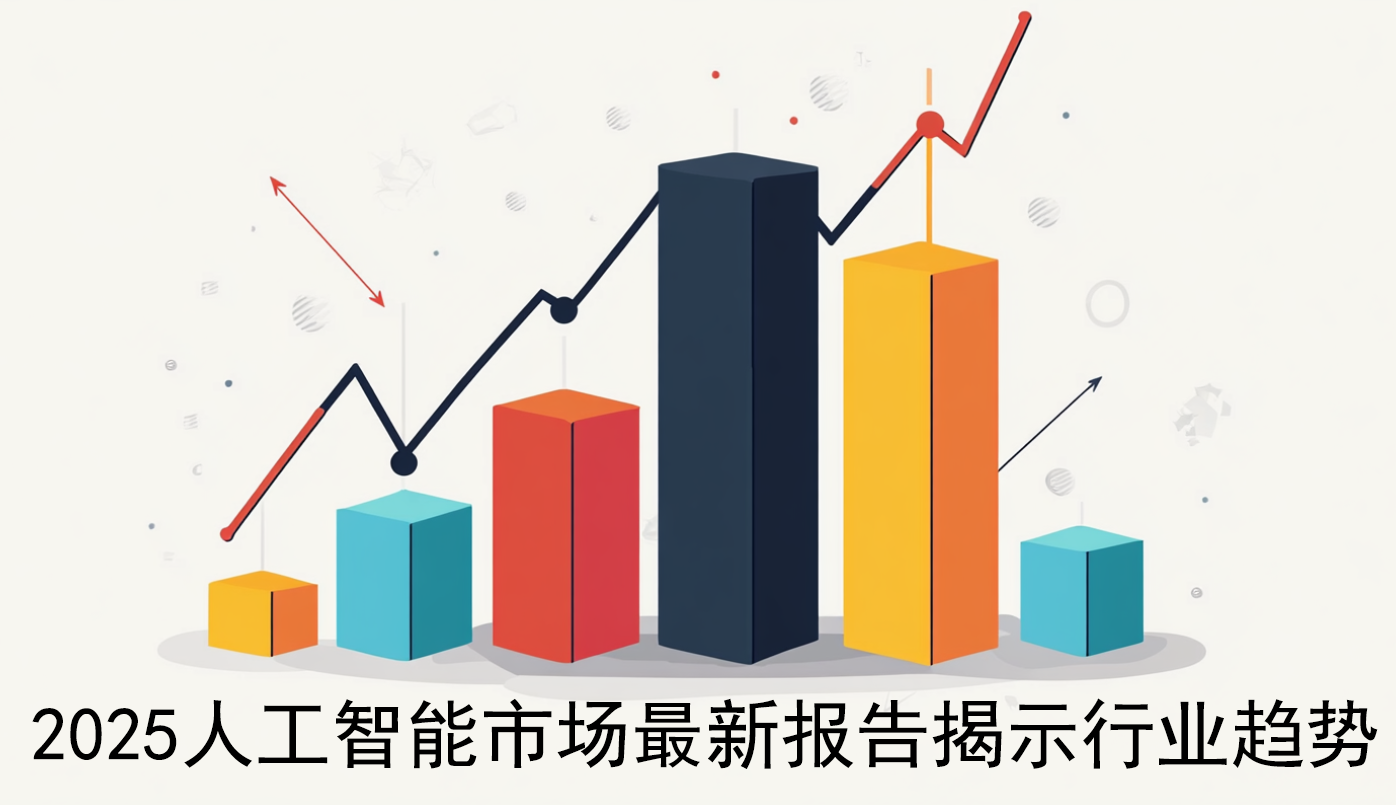【Gemini Vision】改变图像数据提取综合指南
在大型语言模型(LLM)的动态环境中,随着Google Gemini 于 12 月 13 日作为 API 推出,近期多模态集成的热潮达到了顶峰。OpenAI 的 GPT-4 率先实现了这一转变,而 Gemini 则为探索不同数据类型增添了新的维度。本文探讨了为图像提示而精心设计的Gemini Vision 模型的变革潜力。本文的重点是揭示基于图像的场景中的无数应用,特别强调数据提取和使用这一创新模型开发应用。随着 LLM 进入多模态时代,了解 Gemini 功能的细微差别,就能一窥语言模型的未来,这些模型能无缝整合各种数据形式,为用户带来更身临其境、更广阔的体验。
一个简单的例子
要使用Gemini Vision模型,我们需要通过 ChatGoogleGenerativeAI 类加载该模型。随后,我们利用 HumanMessage 模块的功能制作信息提示。准备工作包括将内容结构化为一个字典列表,每个字典都有一个 "类型 "和相应的内容。“type”可以采用“text”或“image_url”的值。这种细致的结构符合通过 Langchain Integration 传递查询所需的规范。
!pip install -U --quiet langchain-google-genai langchain--quiet langchain-google-genai langchain
import requests
from IPython.display import Image
image_url = "https://picsum.photos/seed/picsum/300/300"
content = requests.get(image_url).content
Image(content)

llm = ChatGoogleGenerativeAI(model="gemini-pro-vision")
message = HumanMessage(
content=[
{
"type": "text","type": "text",
"text": "What's in this image?",
}, # You can optionally provide text parts
{"type": "image_url", "image_url": image_url},
]
)
llm.invoke([message])
AIMessage(content=' The image contains a snow-capped mountain peak.')
从发票或账单图像中提取数据
在充斥着各种格式发票的商业环境中,多模态大语言模型 Gemini 提供了一种改变游戏规则的解决方案。通过向模型提供发票图像提示,它可以智能地提取供应商详细信息和发票金额等关键数据。Gemini 不仅能识别这些信息,还能将其结构化,以便轻松集成到财务系统中。这种简化的流程大大加快并增强了发票处理能力,为企业节省了宝贵的时间和资源。
示例图片:
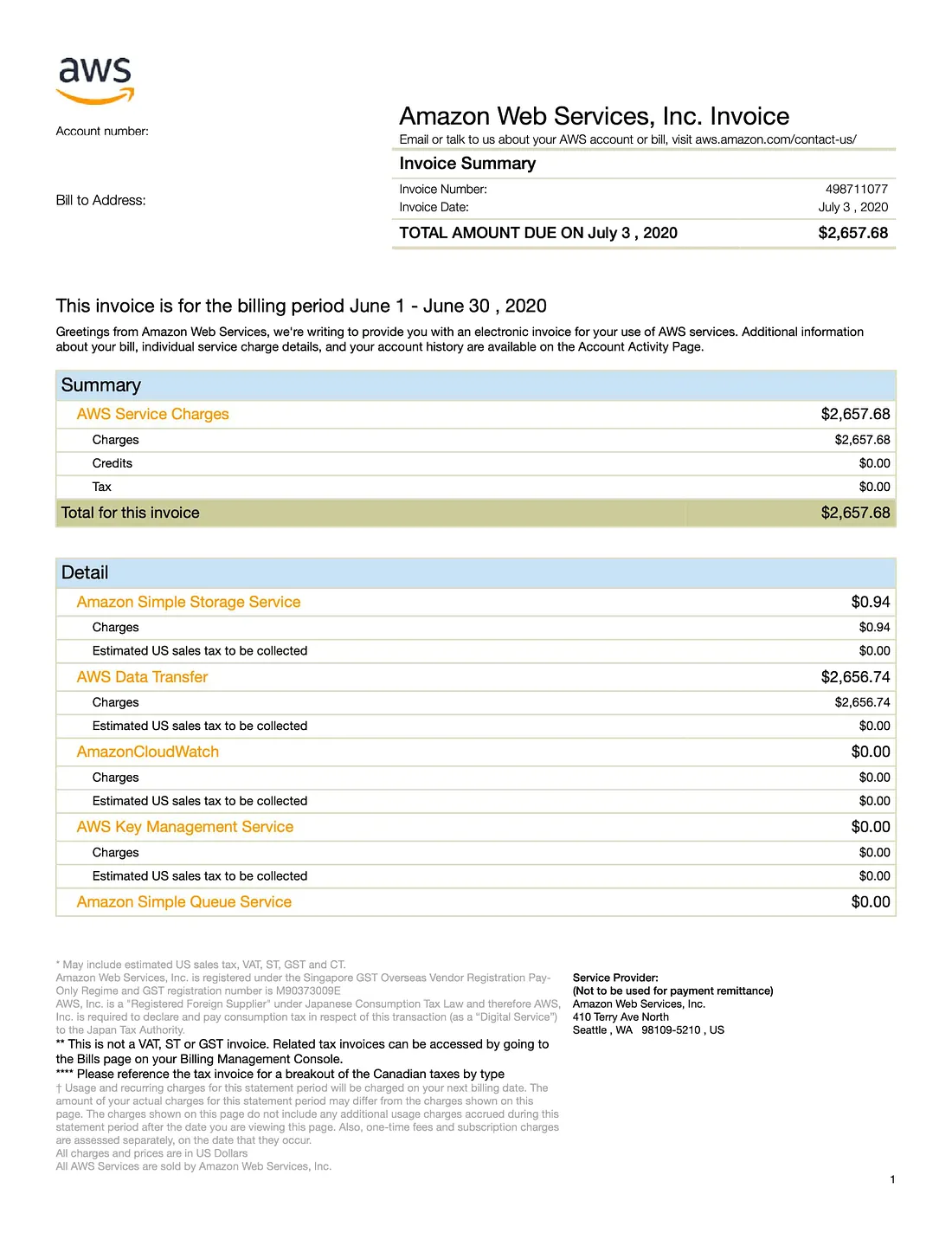
#create the humanmassage propmt templete with the image file
hmessage = HumanMessage(
content=[
{
"type": "text",
"text": "Convert Invoice data into json format with appropriate json tags as required for the data in image ",
},
{"type": "image_url", "image_url": file_path},
]
)
message = llm.invoke([hmessage])
print(message.content)
输出:
```json
{
"Invoice Summary": {
"Invoice Number": "498711077",
"Invoice Date": "July 3, 2020",
"Total Amount Due on July 3, 2020": "$2,657.68"
},
"Summary": {
"AWS Service Charges": "$2,657.68",
"Credits": "$0.00",
"Tax": "$0.00",
"Total for this Invoice": "$2,657.68"
},
"Detail": {
"Amazon Simple Storage Service": "$0.94",
"AWS Data Transfer": "$2,656.74",
"AmazonCloudWatch": "$0.00",
"AWS Key Management Service": "$0.00",
"Amazon Simple Queue Service": "$0.00"
}
}
```
你还可以使用 JsonOutputParser 获取正确的 JSON 格式
from langchain_core.output_parsers import JsonOutputParser
parser = JsonOutputParser()
chain = llm | parser
bill_json = chain.invoke([hmessage])
print(type(bill_json))
print(bill_json)
输出:
<class 'dict'>
{'Invoice Summary': {'Invoice Number': '498711077', 'Invoice Date': 'July 3, 2020', 'Total Amount Due on July 3, 2020': '$2,657.68'}, 'Summary': {'AWS Service Charges': '$2,657.68', 'Credits': '$0.00', 'Tax': '$0.00', 'Total for this Invoice': '$2,657.68'}, 'Detail': [{'Amazon Simple Storage Service': '$0.94', 'AWS Data Transfer': '$2,656.74', 'AmazonCloudWatch': '$0.00', 'AWS Key Management Service': '$0.00', 'Amazon Simple Queue Service': '$0.00'}]
从产品标签图像中提取数据
在零售业或制造业中,处理不同的产品标签可能非常繁琐。Gemini 是一种多模态大语言模型,可以简化从产品标签图像中提取数据的过程。通过图像提示功能,Gemini 可智能识别并提取产品名称和营养成分等关键信息,实现流程自动化,节省时间,并最大限度地减少人工转录带来的错误。这使企业能够有效地管理产品信息,提高工作流程效率。
示例图片:
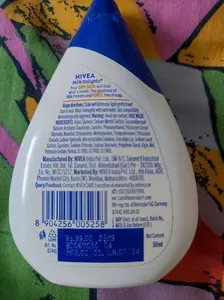
product_msg = HumanMessage(
content=[
{
"type": "text","type": "text",
"text": "Create a json with following tags extracted from image and use information only from image for value of each tag - 'product_name','manufactured_date','expiry_date','manufactured_by','marketed_by','ingredients'",
}, # You can optionally provide text parts
{"type": "image_url", "image_url": image},
]
)
prod_output = llm.invoke([product_msg])
print(prod_output.content)
我们特别要求提供这些 "生产日期"、"保质期"、"生产商"、"销售商"、"成分 "信息。
```json
{
"product_name": "NIVEA Micellar Water",
"manufactured_date": "2022-07-18",
"expiry_date": "2024-07-18",
"manufactured_by": "Nivea",
"marketed_by": "Nivea",
"ingredients": "Aqua, Glycerin, Poloxamer 124, Rosa Canina Fruit Extract, Sodium Hyaluronate, Allantoin, Propylene Glycol, PEG-40 Hydrogenated Castor Oil, Sodium Chloride, Citric Acid, Tetrasodium EDTA, Methylparaben, Phenoxyethanol, Parfum"
}
```
尝试提出后续问题
Gemini Vision API 的设计结构只接受两个参数: “text”和“image_url”。这种有意的限制意味着直接实现会话链是不可行的。该应用程序接口将重点放在文本和图像 URL 输入上,从而将简单性和效率放在首位。
虽然可能不支持直接会话链,但可以灵活地通过添加 "文本 "参数来增强交互。这一战略性的设计选择鼓励用户使用相关文本信息来补充图像提示,从而丰富语境并引导模型理解。通过加入更多文本参数,用户可以根据具体要求调整输入内容,并从Gemini Vision模型中获得更细致入微的结果。
示例图片:

message = HumanMessage(
content=[
{
"type": "text","type": "text",
"text": "Who is this Pokemon?",
}, # You can optionally provide text parts
{"type": "image_url", "image_url": file_path},
]
)
message_output = llm.invoke([message])
print(message_output.content)
This is Pikachu, a well-known Pokemon character.is Pikachu, a well-known Pokemon character.
现在让我们检查一下 HumanMessage
# lets check what inside user massage
message
# output
HumanMessage(content=[{'type': 'text', 'text': 'Who is this Pokemon?'}, {'type': 'image_url', 'image_url': '/content/download (10).png'}])
内容是一个列表,因此我们可以在列表中添加新文本。
# we can add text into content
# we will add the message into the 2nd last position
message.content.insert(-1, {
"type": "text",
"text": f"{message_output.content}",
})
# add new use message
new_query = "what types of attack he knows?"
message.content.insert(-1, {
"type": "text",
"text": f"{new_query}",
})
message_output = llm.invoke([message])
print(message_output.content)
Electric attacks are Pikachu's specialty, but it can also learn other types of attacks, such as Normal, Flying, and Steel-type attacks. Some of the attacks Pikachu can learn include Thunderbolt, Quick Attack, Iron Tail, and Agility.include Thunderbolt, Quick Attack, Iron Tail, and Agility.
结论
总之,以Google Gemini系列为代表的多模态大型语言模型(LLM)的出现标志着人工智能能力的重大范式转变。这些模型,包括 Gemini Nano、Pro 和 Ultra,通过无缝集成文本、图像、音频和视频输入,重新定义了这一领域。从自然语言理解到复杂的视频和音频处理任务,这些模型展现出了多功能性。
Gemini 在现实世界中的应用,通过财务分析、发票解析和产品标签解释等场景进行了说明,展示了其在自动化各种任务方面的变革潜力。尽管取得了显著成绩,但必须承认目前的局限性,例如在图像解读中偶尔会出现幻觉,这凸显了多模态 LLM 的不断发展。

